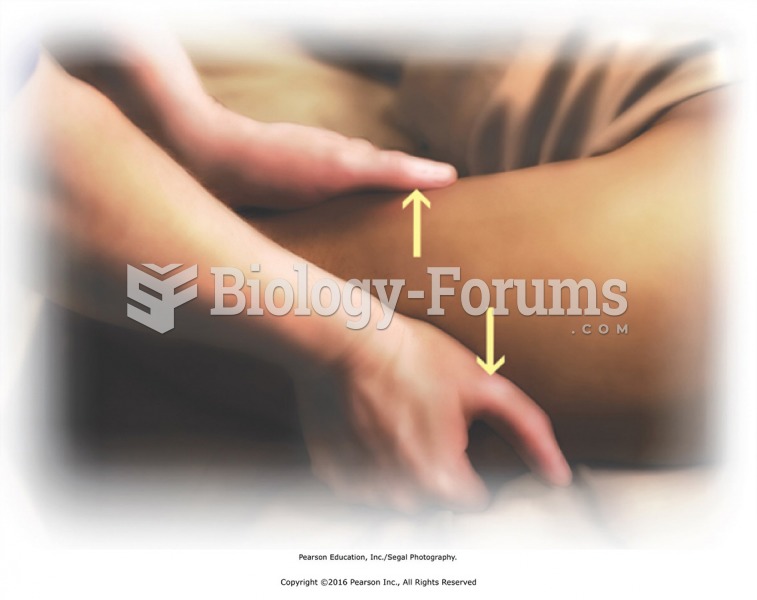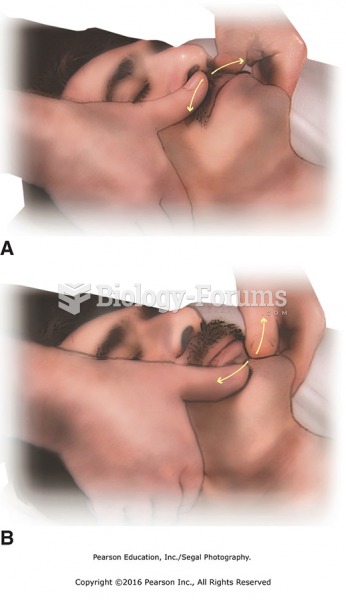|
|
|
Did you know?
There are 60,000 miles of blood vessels in every adult human.
Did you know?
Illness; diuretics; laxative abuse; hot weather; exercise; sweating; caffeine; alcoholic beverages; starvation diets; inadequate carbohydrate consumption; and diets high in protein, salt, or fiber can cause people to become dehydrated.
Did you know?
The strongest synthetic topical retinoid drug available, tazarotene, is used to treat sun-damaged skin, acne, and psoriasis.
Did you know?
By definition, when a medication is administered intravenously, its bioavailability is 100%.
Did you know?
There are over 65,000 known species of protozoa. About 10,000 species are parasitic.
 Using a vacuum hose and a test light to ground one cylinder at a time on a distributorless ignition ...
Using a vacuum hose and a test light to ground one cylinder at a time on a distributorless ignition ...
 (a) The phagocytic process, beginning in the upper left with bacterial attachment and phagocytic ...
(a) The phagocytic process, beginning in the upper left with bacterial attachment and phagocytic ...





